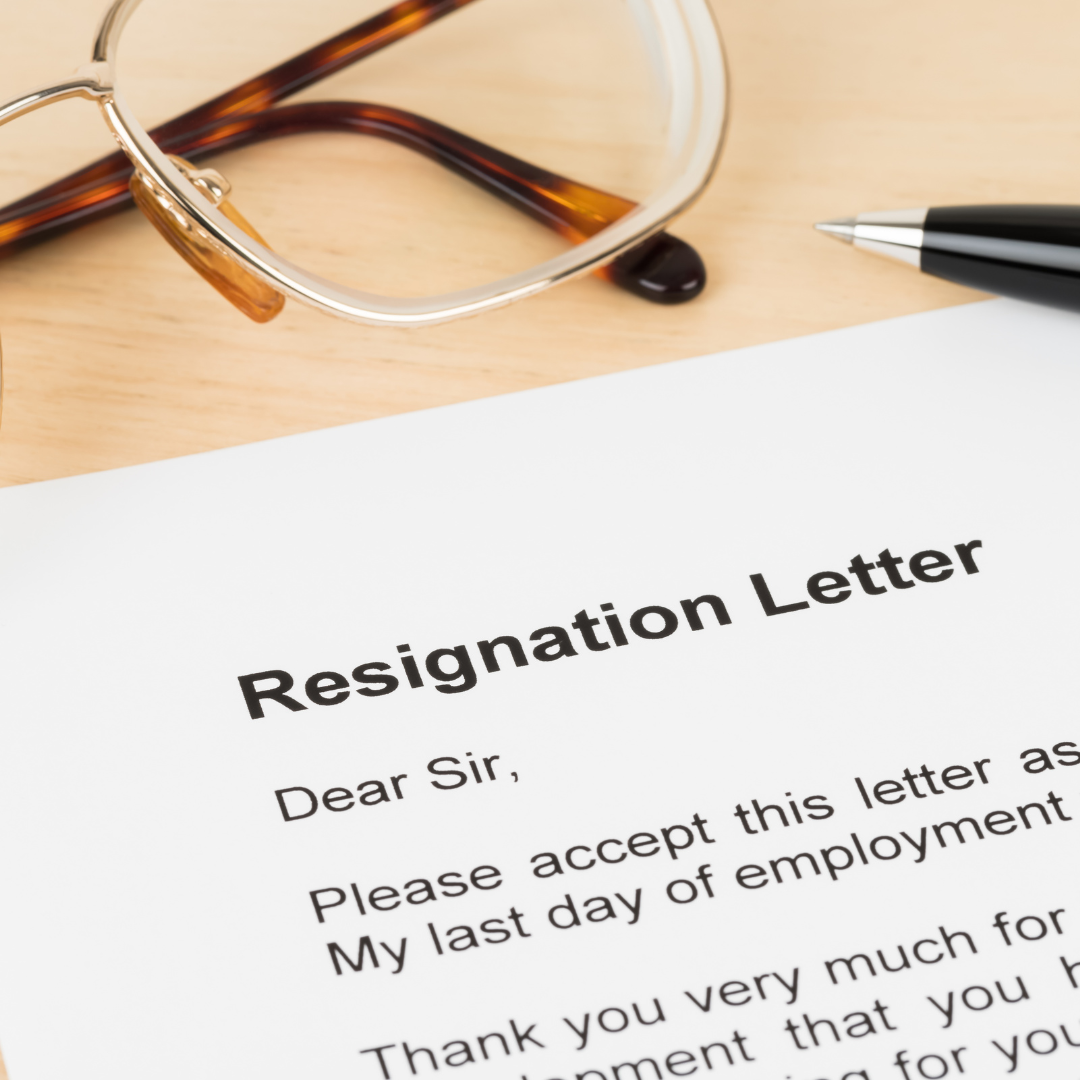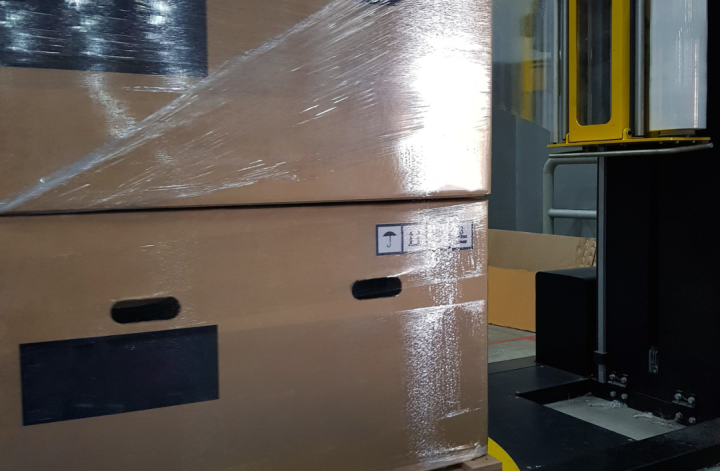Running a medical practice is no small feat. With a steady stream of patients, a mountain of paperwork, and the constant need to stay compliant with regulations, it’s easy to feel stretched thin. That’s where virtual medical assistants step in to make your life easier.
These skilled professionals work remotely to take care of the administrative, operational, and sometimes even clinical support tasks that can otherwise eat up your valuable time.
The Backbone of Efficiency: Administrative Support
Does your inbox feel like a never-ending pile of tasks? From appointment scheduling to handling insurance claims, the day-to-day operations of a medical office can feel overwhelming. A virtual medical administrative assistant specializes in streamlining these processes, giving you the breathing room to focus on patient care.
Imagine having someone who can:
- Manage scheduling – No more double-booking or long patient wait times. A virtual assistant ensures your calendar is always organized and optimized.
- Handle patient communication – Need someone to send appointment reminders or follow up on post-visit instructions? They’ve got it covered.
- Process insurance claims – Dealing with insurance can be a headache, but a virtual assistant can tackle submissions and follow-ups to speed up reimbursements.
- Track billing and payments – Staying on top of billing ensures no revenue slips through the cracks.
All of these tasks are time-consuming but crucial. Having someone dedicated to handling them remotely can make your operations smoother and reduce stress across the board.
Staying Compliant: Why Accuracy is Everything
Healthcare compliance isn’t optional—it’s essential. Mistakes in documentation or billing can lead to audits, fines, or even legal trouble. Virtual medical assistants are trained to ensure accuracy and help keep your practice on track.
Think about it:
- They can assist in medical coding and transcription, ensuring every procedure and diagnosis is accurately documented.
- They stay updated on HIPAA regulations, safeguarding sensitive patient information.
- They provide support in audit preparation, helping you organize records and maintain proper documentation.
These aren’t just nice-to-have skills—they’re critical for protecting your practice and reputation.
Patient Experience: Why It Matters More Than Ever
Your patients deserve the best care, and that extends beyond the exam room. A positive experience starts the moment they call your office or walk through the door. Virtual medical assistants can enhance this experience by handling the details that make patients feel cared for.
For instance, they can:
- Answer patient inquiries promptly via phone or email.
- Schedule follow-ups and send reminders, ensuring patients stay on top of their health needs.
- Collect patient feedback and help you identify areas for improvement.
When these tasks are managed efficiently, patients are more likely to feel valued and stick with your practice long-term.
Operational Support: Keeping Things Running Smoothly
Beyond the obvious administrative and patient-facing roles, virtual medical assistants can also provide valuable operational support. Their contributions behind the scenes keep your practice functioning like a well-oiled machine.
Here’s how they can help:
- Inventory management – Keeping track of supplies and ensuring you never run out of essentials.
- Data entry and analysis – Organizing patient records and generating reports that help you make informed decisions.
- Staff coordination – Assisting with schedules, meetings, and internal communications.
These tasks may not always grab the spotlight, but they’re vital to keeping your practice efficient and effective.
The Cost-Effective Solution You’ve Been Looking For
Hiring in-house staff for every role isn’t always practical, especially for smaller practices. Virtual medical assistants offer a flexible, cost-effective alternative. You only pay for the hours you need, without worrying about office space, equipment, or benefits.
It’s worth asking yourself: how much time (and money) are you currently spending on tasks that could be outsourced? By delegating these to a virtual assistant, you free up resources to invest in areas that directly improve patient care.
Choosing the Right Virtual Medical Assistant
Not all virtual assistants are created equal, so finding the right fit for your practice is essential. Start by assessing your needs:
Do you need someone primarily for administrative tasks, or do you require expertise in medical coding?
Are you looking for part-time support or full-time availability?
How important is prior experience in the healthcare field?
Clear communication is key. Providing detailed instructions and regular feedback will help ensure your assistant delivers the results you need. Many practices find that building a long-term relationship with a trusted virtual assistant can significantly improve workflow and overall efficiency.
Why You Can’t Overlook This Solution
Delegation is a skill, and knowing when to bring in help is part of running a successful medical practice. Virtual medical assistants handle the tasks that can slow you down, allowing you to focus on what matters most: your patients.
Think of the hours you’d save by having someone else take care of appointment scheduling, insurance follow-ups, or inventory tracking. Those hours can be redirected toward expanding your services, deepening patient relationships, or simply reducing burnout for you and your staff.
Take the First Step Toward a More Efficient Practice
If you’ve been trying to juggle too many responsibilities, it might be time to rethink your approach. Virtual medical assistants are more than just a helping hand—they’re a valuable extension of your team. With their support, you can streamline your operations, improve patient care, and grow your practice without spreading yourself too thin.















